ARRL Field Day is ham radio's open house. Every June, more than 40,000 hams throughout North America set up temporary transmitting stations in public places to demonstrate ham radio's science, skill, and service to our communities and our nation. It combines public service, emergency preparedness, community outreach, and technical skills all in a single event. Field Day has been an annual event since 1933 and remains the most popular event in ham radio.
When hurricane Katrina hit New Orleans, within a couple of days all communications were out except for a few satellite phones that still had battery power and amateur (ham) radio. All telephone landlines and cell phones were down. A thousand amateur radio operators came to the area with their radios, power, provisions, and shelter, to provide emergency communications support for the area. Amateur radio was about the only function that worked well in the disaster. While hurricanes are not likely here, cyber-attacks on our power grid, electromagnetic pulse weapons, or extreme sun activity could easily put us into a situation like Katrina – locally, regionally, and nationally.
Amateur radio operators are organized in emergency support groups like the Amateur Radio Emergency Service (ARES) division of the Amateur Radio Relay League (ARRL). ARES operates in Churchill County (Churchill County ARES) and supports emergency communications for the county, NAS Fallon, TCID, and outside organizations like the Red Cross. One of the ways ARES trains for emergency deployments is by participating in an annual Field Day event each year. We go out to a field location and operate without “shore power” for 24 hours, making radio contacts around the region and country. We test radios, antennas, and other equipment while honing our skills in the art. There are numerous frequency bands and modes that can be used, and results are greatly affected by atmospheric conditions, sunspots, and interference. There are a lot of skills required to get everything to work.
Radio amateurs are licensed by the FCC and have to pass exams to qualify to use most of the high frequency (shortwave) bands used for over-the-horizon long-distance communications. Volunteers often invest thousands of dollars of their own money to buy all of the radio and support equipment (e.g., solar panels and generators) needed. The higher-end equipment can get expensive, it is very easy and inexpensive for new operators to get a basic Technician license and a handheld radio capable of talking through local mountain-top repeaters that extend the local area range. This is a great first step in emergency preparedness, and while many new operators get licensed for this purpose, amateur radio is also a fun hobby. Our local club Amateur Radio of Churchill County (ARCC) holds monthly meetings with most topics on the hobby side.
ARCC’s local Field Day event this year is on Saturday, June 25th at 11 a.m. at the Stillwater National Wildlife Refuge - Lead Lake Campsite. We will be operating three stations and will have a Get On The Air station where visitors, including children, can get on the radio and give it a try (with one of us present). There are no age restrictions on getting a license. Come out and you can see what we do, and we will be happy to get you on the air and tell you more about amateur radio.
If you are curious about ham radios or would like to have a backup emergency communication option, ARCC can help get you started. www.facebook.com/ChurchillCountyAmateurRadio/
or our website www.nv7cc.org.
Sign up to receive updates and the Friday File email notices.
Support local, independent news – subscribe to The Fallon Post, your non-profit (501c3) online news source for all things Fallon.
The Fallon Post – 2040 Reno Hwy, #385, Fallon, Nevada 89406



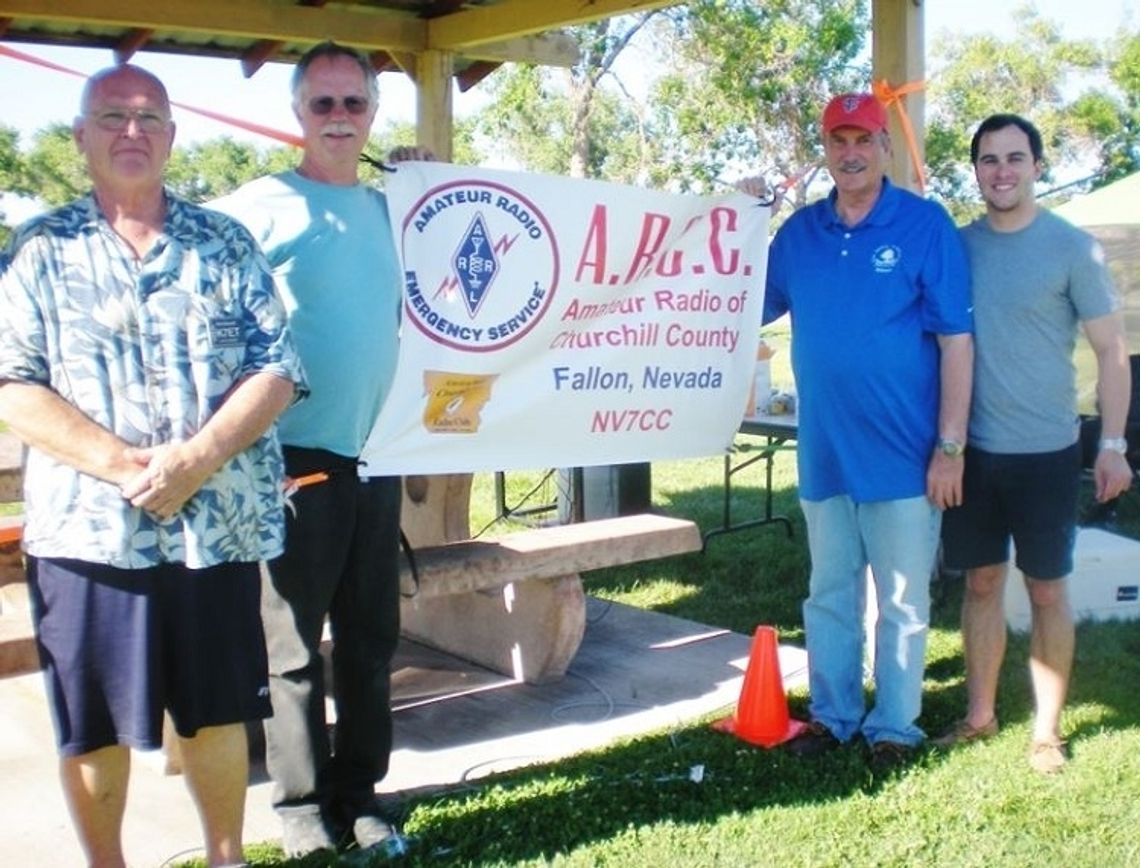
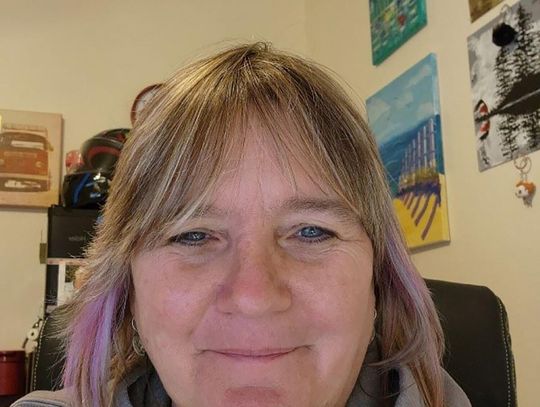
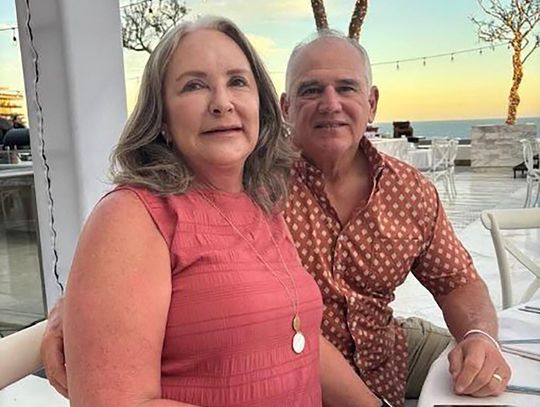
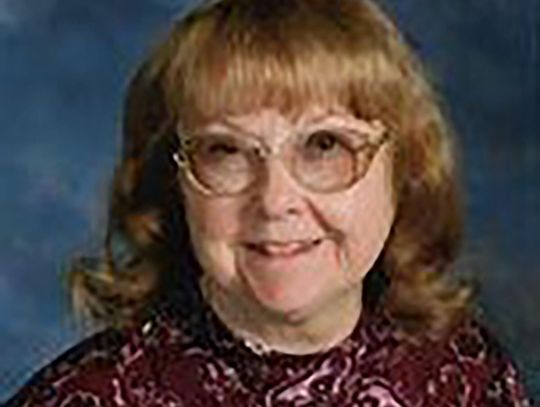
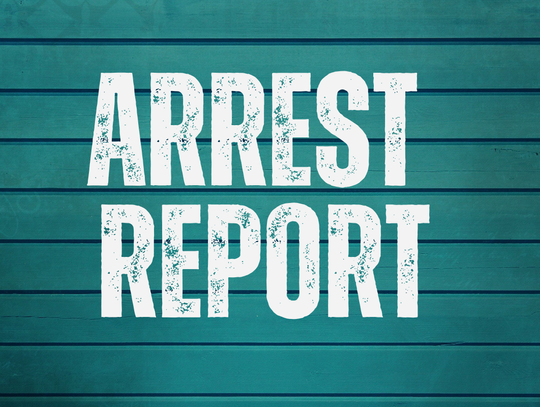
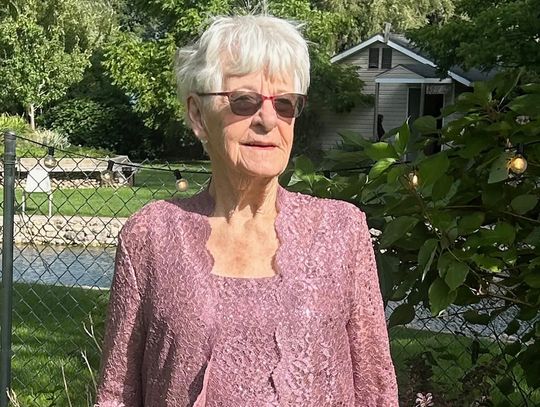

Comment
Comments